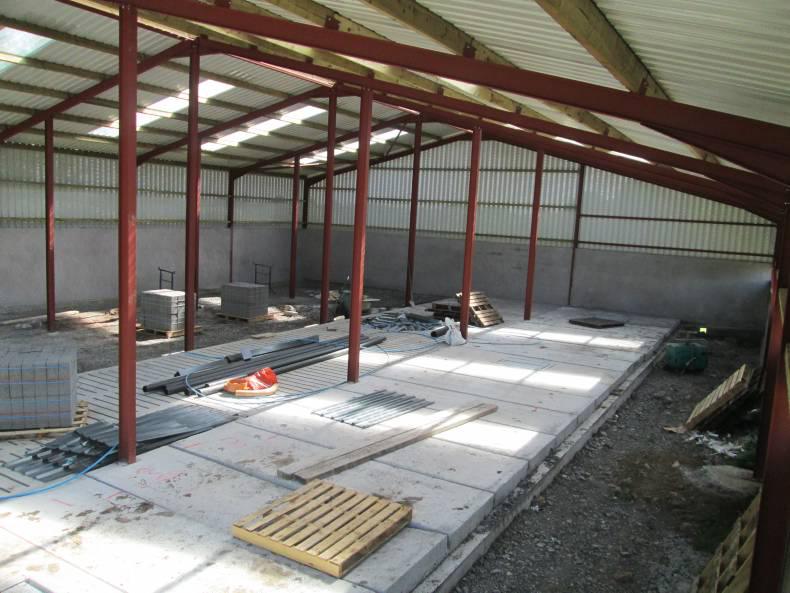As reported on page 6, the tenure of the Agri-Food Strategy Board (AFSB) was due to end on 31 May, but it has been given another reprieve.
Established for an initial three-year period in 2012, the aim was to develop a long-term strategy for the agri food industry in NI. What emerged was a ‘‘Going for Growth’’ report with 118 recommendations.
However, delivery of many of the recommendations has been slower than originally envisaged. Working with modern government is frustrating, and not helped by added bureaucracy at Stormont, and the latest breakdown in political relations.
Looking through the original 118 recommendations, many are complete, while some remain a work in progress.
It is not unreasonable to suggest that a significant number would have been delivered irrespective of whether the agri-food strategy board existed or not. But it should also be acknowledged that the board has given direction and impetus to a number of key areas, including a new land-use policy, a new agri-food marketing organisation and also an initiative to improve livestock genetics.
However, perhaps the main outcome from the report was the Farm Business Improvement Scheme, and the resultant business development groups for farmers along with a capital grant scheme. In total, a budget of up to £250m was promised in 2014 from the Stormont executive, around £200m of which was to go towards 40% capital grants in two tiers (Tier 1 – for projects up to £30,000; Tier 2 – grant up to £250,000).
What we have so far is a firm commitment of £40m from government for the first two tranches of the capital grant scheme across both tiers (the second tranche is due this autumn). That is a long way short of the £200m originally promised, and given tight finances at Stormont, the remaining £160m is by no means guaranteed.
The onus will be on farming leaders to ensure that the Government delivers, assuming of course, that the AFSB isn’t there to fight this battle, having finally exited the stage.






 This is a subscriber-only article
This is a subscriber-only article










SHARING OPTIONS: